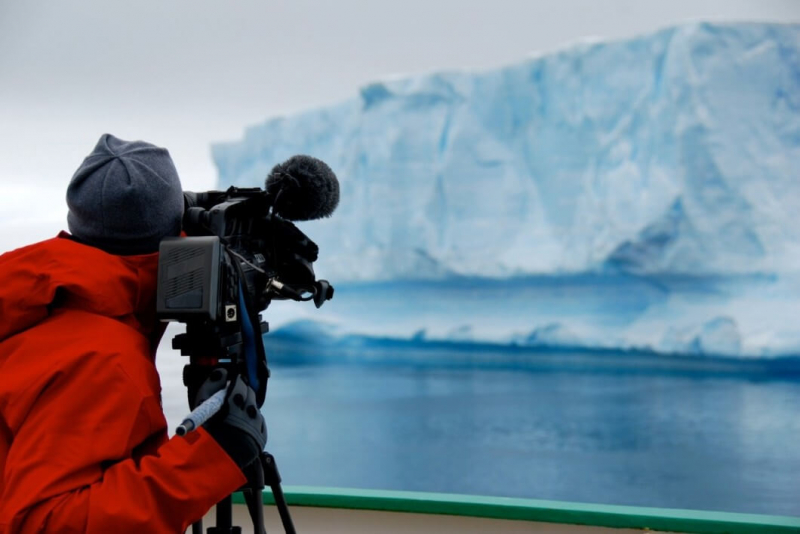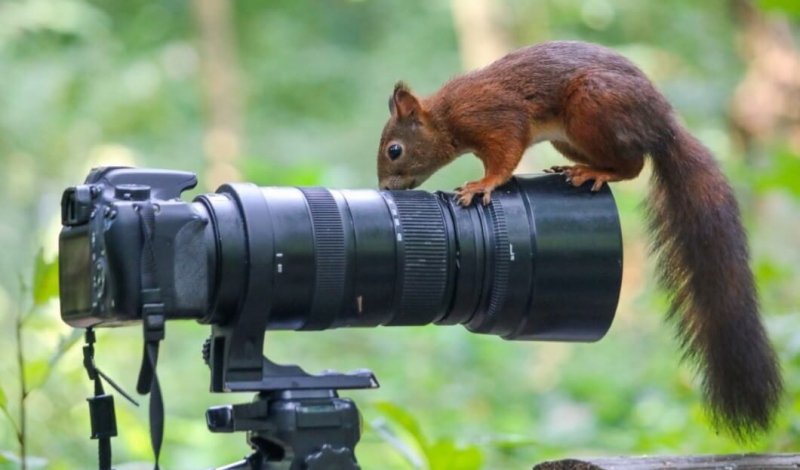Travelers, it seems, are increasingly drawn to destinations rooted in reality, a phenomenon some are calling the “documentary effect,” according to a recent study by Opodo. This movement towards authenticity, towards gaining knowledge, is changing how people choose where they’ll travel, particularly in Europe, potentially impacting the hotels and restaurants they’ll frequent.
The study, quite interesting in its nuances, pinpoints regional and generational differences, plus the surprising influence of fictional media, all of which gives us a glimpse into how travel inspiration is evolving.
The Documentary Effect: A Preference for Facts
The documentary effect appears most pronounced in France and Germany; it’s in these countries where you find 65% and 58% of travelers, respectively, pointing to documentaries as their main source of wanderlust. This interest in fact-based content really shows a craving for authentic, educational trips that inform and enrich one’s travel plans. However, in other parts of Europe, well, things are a bit more varied:
- UK: Here, documentaries (48%) are followed closely by TV series (41%), sort of straddling the line between factual and fictional inspiration.
- Spain: Inspiration here is shared across documentaries (47%), feature films (43%), and series (34%), which shows a broader range of media playing a role in travel inspiration.
- Italy: Documentaries do lead (57%), yet feature films (42%) play a significant role, quite unlike what you see in Germany.
Germany and France are clearly the leaders when it comes to leaning toward fact-based content, implying that travelers there value learning and authenticity when deciding where to go.
From Travel Inspiration to Action
The study also uncovers interesting details about how travel inspiration turns into actual bookings. German travelers, for example, are particularly decisive – an impressive 71% have actually booked a trip they saw in media, matching the enthusiasm of travelers in Spain. Other countries? They lag a bit:
- Portugal: 64%
- Italy: 62%
- France: 52%
- UK: 43%
This high conversion rate in Germany really emphasizes how powerful documentaries, and fact-based content generally, can be in influencing travel choices. Hotels and tourism boards should really consider capitalizing on this trend by integrating educational content, perhaps even documentaries that highlight local cultural or natural attractions, into their marketing.

Generational Divide in Travel Inspiration
The Opodo study also makes clear there are quite significant generational differences in where people get their travel ideas, and this will likely shape the hospitality industry for years to come:
- Gen X and Baby Boomers (45-64 years): Documentaries really hit home with this group (69%), a whopping 40 percentage points higher than the younger Gen Z. Their travel is driven by reality, by a desire to learn, reflecting a need for meaningful, knowledge-based experiences.
- Generation Z (18-24 years): Younger travelers? They lean more toward escaping, with films and videos (62%) and TV series (36%) being their go-to sources of inspiration. Documentaries, not so much (29%), which suggests they prefer immersive, fictional worlds.
- Gen Z and Millennials (18-34 years): Interestingly, these groups are more likely to find inspiration in niche media, with about 14% citing podcasts. It seems the digital world is providing lots of easily accessible content.
Click here to preview your posts with PRO themes ››
All of this would seem to suggest that hotels and travel companies will have to target their marketing to different age demographics, perhaps by emphasizing educational content for older travelers, and visually engaging, escapist content for younger ones.
The Role of Fictional Worlds
Now, while documentaries are definitely popular, fictional content is still influential, specifically within certain genres. Historical worlds (think Game of Thrones) and magical worlds (Harry Potter, of course) are real favorites, with each inspiring 36% of respondents. Other popular fictional settings include underwater worlds (27%), space (22%), and even futuristic worlds (15%).
Gender, too, plays a role: women tend to favor magical worlds (42%), while men lean toward historical settings (36%). All these preferences highlight some interesting opportunities for destination marketing, perhaps connecting to locations used in popular shows, or even just offering fantasy-themed adventures.
Essentially, the “documentary effect” highlights a rising interest, especially in France and Germany, in travel inspiration that feels real and fact-based. This means hotels and restaurants have a chance to step up by crafting experiences that really click with what travelers are looking for: knowledge and authenticity. Think about marketing campaigns that use a documentary style to spotlight what makes a place culturally, historically, or naturally special.
However, we also see that younger travelers (Gen Z and Millennials) are leaning more toward escapist stuff. So, hotels aiming to attract them might want to think about investing in visually stunning, immersive experiences. Maybe partnering with streaming services or designing themed stays based on hit movies or shows? Plus, podcasts are becoming a go-to for travel ideas among younger folks, showing just how much niche media matters for targeted marketing.


